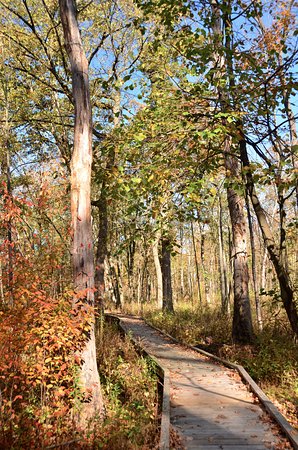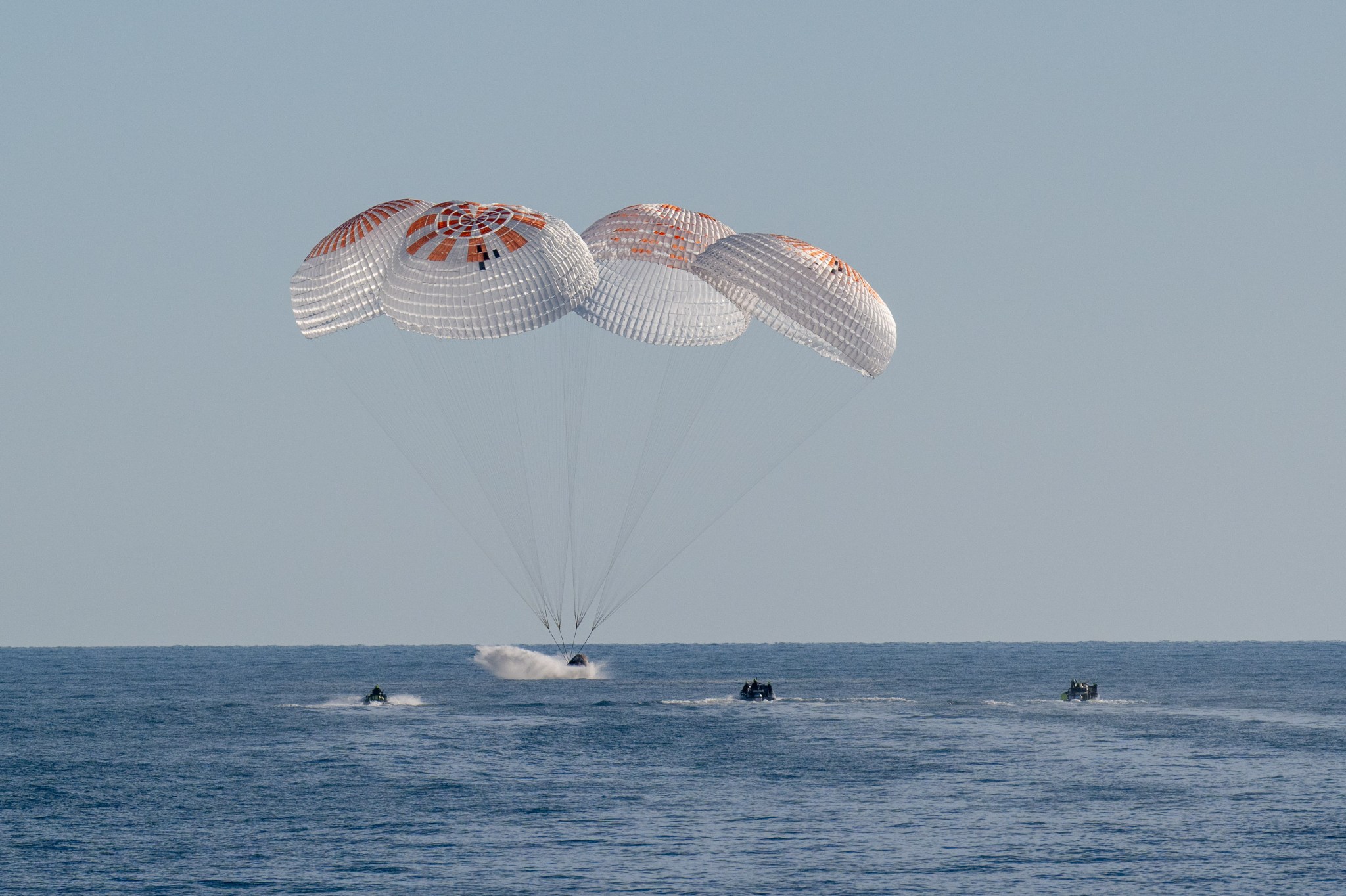
Monarch Magic -Saturday, June 7, Sunday, June 8
The Chalet Nursery, a garden and family-friendly plant and holiday destination in Wilmette (north of the Old Orchard shopping mall) is doing a butterfly event June 7-8 that is fun for adults and kids.
You can buy a Monarch Gardening Starter Kit, sample honey, paint your own butterfly, shop inside or at the Pollinator Farm Truck, hear a guest lecture on the monarch’s migration, and kids can participate in a Sprouts Workshop. For event times visit Events + Classes – Chalet
Also, the first 25 families that Saturday and Sunday receive a free seed packet of native wildflowers to help grow their own butterfly habitat.
The Chalet is at 3132 Lake Avenue, Wilmette, IL 60091. For more information visit Events + Classes – Chalet
Liz Callaway Celebrates Sondheim -June 14, 2025 at 7:30 p.m.
The event is at the Fine Arts Building downtown Chicago at Studebaker Theatre 410 S Michigan Ave.
Calling it “To Steve With Love,” Callaway Celebrates Sondheim as a person who changed musical theater and how performing in a one of his shows personally changed her. Doing this as a world-wide tour, she talks about working with Sondheim in between singing some of his music.
“I’ve performed ‘To Steve With Love’ in New York City, Los Angeles, San Francisco, the Kennedy Center in DC, London, Ireland, and Madrid—but somehow, never in Chicago,” said Callaway. “I’m thrilled to be bringing my Sondheim show to my hometown at long last.”
A Tony and Grammy nominee and Emmy winner, Callaway made her Broadway debut in Stephen Sondheim’s Merrily We Roll Along. She went on to star in Baby, Miss Saigon, The Look of Love, The Three Musketeers, and for five years appeared as “Grizabella” in Cats.
“To Steve With Love” premiered at 54 Below in New York City and was recorded live. The album earned a 2024 Grammy nomination for Best Traditional Pop Vocal Album.
For more information visit Chicago, IL – To Steve With Love: Liz Callaway Celebrates Sondheim — Liz Callaway







